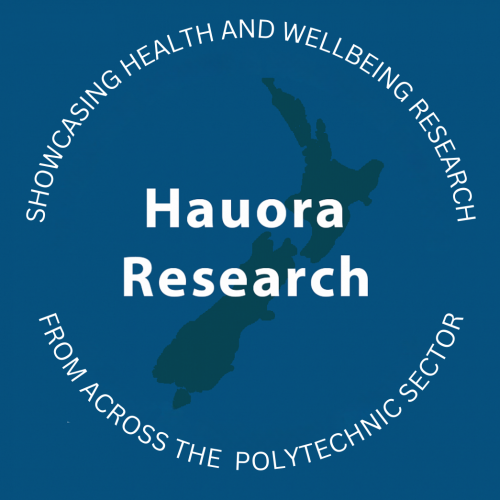
Rural midwifery survey uncovers key factors for sustainable service provision
Ara Institute of Canterbury: The provision of rural maternity services in New Zealand has long been marred by a lack of funding and resources, as well as difficulties recruiting and retaining midwives.
Researchers from the Ara Institute of Canterbury, in partnership with midwifery colleagues in Scotland, set out to determine the factors that influence the success of rural midwives, with a focus on how these insights could inform efforts to strengthen rural midwifery services.
New Zealand and Scotland share a range of characteristics that make their rural midwifery services comparable. This article focusses on the New Zealand component of the research.
The project was initiated at the 2014 International Congress of Midwives. Ara’s Head of Midwifery, Mary Kensington and Associate Head of Midwifery, Dr Lorna Davies, joined three Scottish researchers and a midwifery researcher from the Auckland University of Technology to form a collaborative research team. Later, Ara Sociologist, Dr Rea Daellenbach, joined the group to provide expertise in research design and technology.
‘It was supposed to be a small project, but we were all blown away by the amount, diversity and richness of data collected,’ explains Daellenbach.
Data were collected in New Zealand and Scotland via a confidential online survey, with 222 rural midwives responding – 145 of these from New Zealand. Quantitative questions gathered demographic data to develop a profile of rural midwives in both countries, and to understand the similarities and comparisons. Open-ended questions gathered subjective information regarding the positive aspects and challenges of rural midwifery, alongside their preparation for the role, skills they have developed since, and the support they would prefer to receive.
The team then conducted country-specific focus groups to allow the midwives to share experiences with each other. Traditional focus groups were impractical due to the diverse locations and uncertain timetables of midwives. Consequently, 12 New Zealand midwives took part in an online anonymised and asynchronous discussion. Participants responded to four discussion topics regarding demographics, local issues, and interprofessional relationships.
An analysis then took place to draw out themes from both the survey and discussion data.
‘The responses from different areas in New Zealand were so diverse, ranging from comments on how healthy local mothers were, to poverty and methamphetamine use. Some talked about fantastic whānau support, while in other areas most of the expectant mothers had come into the area for work and had no support. However, rural midwives from all around the country expressed their commitment to their communities and to equity for rural whānau,’ says Daellenbach.
Due to the isolation and varied challenges of work as a rural midwife, fortitude, determination, resilience, and resourcefulness were identified as essential personal characteristics.
Interprofessional relationships were often key to supporting rural midwives, whether it be renting a room in a local GP clinic or the direct support of other health professionals in the area. The locum service that provides limited cover for rural midwives was greatly appreciated. Another aspect that emerged was the importance of strong relationships within the community itself.
Some of the difficulties common to many rural midwives included the economic cost of time spent travelling long distances. Similarly, the interface with urban hospitals was often strained. Ambulance transfer of mothers in labour also added complications, such as the lack of provision for a midwife to return home after accompanying a woman to hospital several hours drive away.
The importance of relevant education also emerged as a strong theme. Midwifery student placements that provided rural experiences were described as essential to ensure graduates gained relevant skills.
‘Some said that even with rural placements they could never really prepare you for what the reality was once you were autonomous and out there on your own,’ recounts Daellenbach.
Data showed that midwives value professional development opportunities that are provided in rural areas, such as emergency skills, as opposed to completing this training in a tertiary hospital with facilities they wouldn’t have access to in a rural emergency situation.
The breadth of responses makes it very clear that rural midwifery is incredibly diverse throughout New Zealand.
‘We all know that Southland isn't like Northland, so it's really important that local solutions are found to address local issues,’ says Daellenbach.
The research identified a number of targeted improvements, such as student rural education and placements, and improved hospital transfers, that will go some way to resolving the challenges of what is a crucial service for many rural New Zealand mothers and their whānau.
- The New Zealand research team at Ara Institute of Canterbury is made up of Dr Lorna Davies, Associate Head of Midwifery; Mary Kensington, Head of Midwifery; and Dr Rea Daellenbach, Sociologist. Email Rea Daellenbach.
- Read more about the project – ‘Rural midwifery practice in Aotearoa/New Zealand: Strengths, vulnerabilities, opportunities and challenges,’ New Zealand College of Midwives Journal, Issue 56, 2020
- Visit Ara Institute of Canterbury's website.

